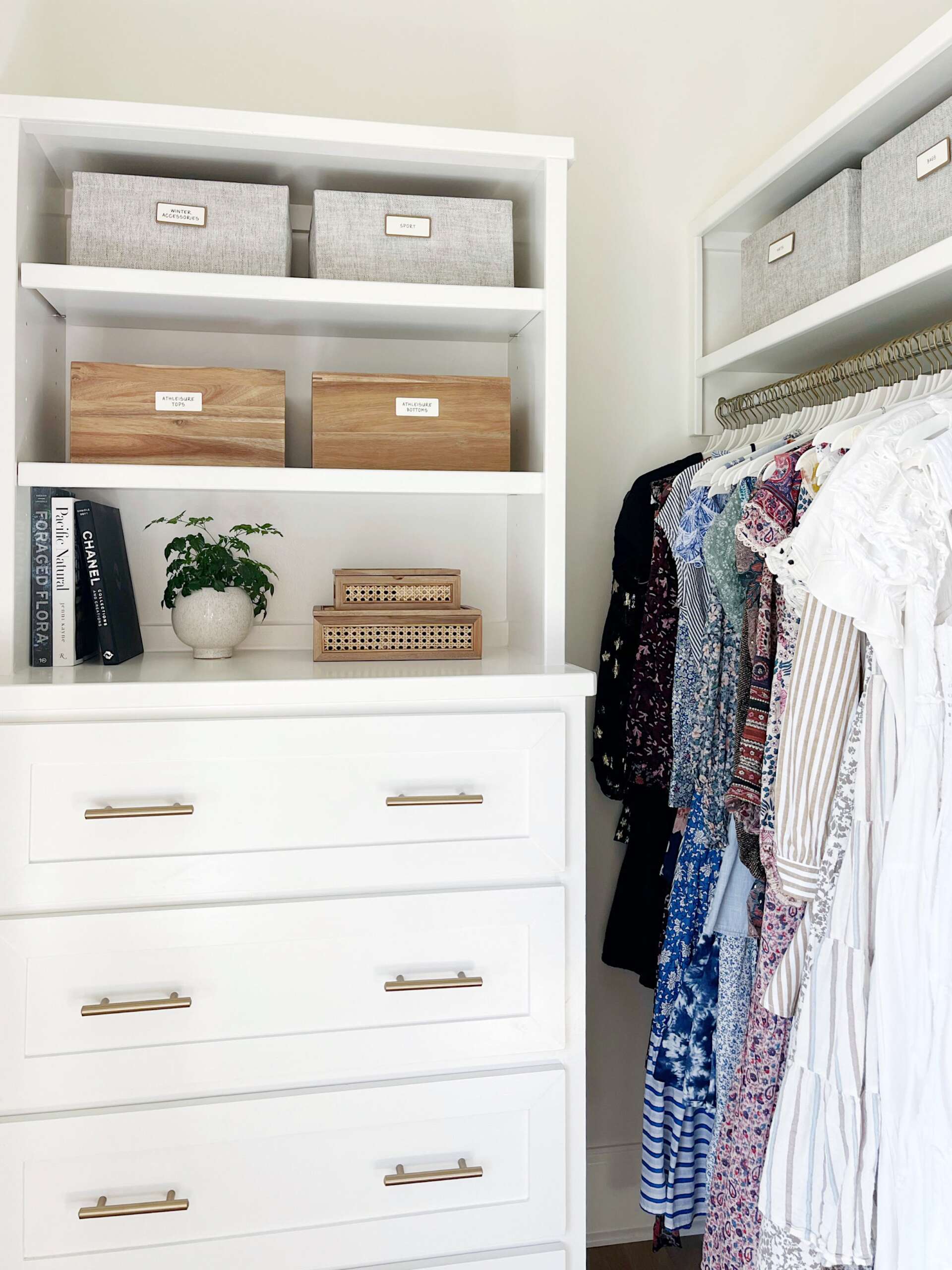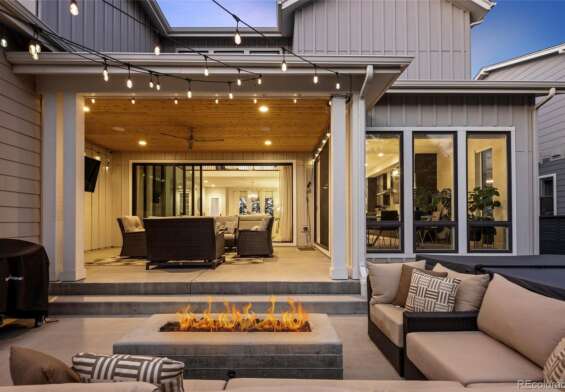We’ve all been there: you open the closet to find your favorite sweater and it ends up buried under another pile of “stuff” you forgot you even owned. Or maybe the kitchen counter has mysteriously become a paper jungle, home to everything from mail you meant to open last month to your kid’s half-finished art project.
Clutter creeps in quietly, but its psychological impact?….oh, it’s loud.
The Science of Stuff: Why Clutter Stresses Us Out
According to research from the UCLA Center on Everyday Lives of Families, cluttered homes are directly associated with higher cortisol levels, especially in women. Translation: your pile of unopened Amazon boxes isn’t just collecting dust—it’s creating stress.
Neuroscientists also tell us that visual chaos competes for your attention, which decreases performance and increases anxiety (McMains & Kastner, 2011). Basically, your brain is screaming for white space the way your iPhone battery screams for a charger.
Mental Health Benefits of Decluttering
Let’s flip the script. When you remove clutter, you’re not just making room on a shelf—you’re making space in your mind.
Studies have shown that people who live in organized environments sleep better, make healthier food choices, and experience reduced anxiety and depression. Yes, less mess actually helps you feel more in control, energized, and grounded. It’s like giving your nervous system a warm bath.
And let’s be honest—how many times have you bought something you already owned but couldn’t find? (No judgment—we see you, third measuring cup set.)
Simplicity: The Chicest Lifestyle Trend You’re Not Using
Minimalism isn’t just for Scandinavian furniture catalogs or Pinterest-perfect homes. Living more simply—editing your space so it reflects what actually brings you joy (thanks, Marie Kondo)—can give your nervous system a break and your spirit a lift.
Even pop culture has caught on. Shows like The Home Edit and Tidying Up with Marie Kondo have made organizing oddly addictive to watch. Why? Because watching people reclaim their space is wildly satisfying. And guess what? Living that transformation feels even better.
Where to Start: A Decluttering Framework
Feeling overwhelmed already? Don’t panic. You don’t need to organize your entire house in one weekend. Here’s a gentle, approachable and realistic way to start:
- The 10-Minute Tidy – Set a timer and pick one space (a drawer, your nightstand, the glove compartment). You’d be amazed what a quick burst can do.
- The One-In, One-Out Rule – For every new item that comes in, let one go. This helps maintain balance.
- Zones, Not Rooms – Think in “zones” instead of entire rooms. The pantry snack zone. The bathroom counter zone. Baby steps are still steps.
- The “Do I Love It?” Test – If the item doesn’t make you feel good, or serve a real purpose, thank it and release it.
- Be Kind to Yourself – Clutter doesn’t accumulate overnight. Neither does clarity. Go at your own pace.
Need a Little Help?
If all this sounds great in theory but intimidating in practice, you’re not alone. That’s where we come in.
At NEAT, our team of professional organizers (aka space therapists) can help you sort, style, and simplify every corner of your home. We’ve worked with busy families, overworked professionals, and even people who swear they’re “just naturally messy.”
We’re here to help you lighten the load—physically and mentally—so your home becomes a place that energizes you instead of exhausting you.
Clutter may seem like just a “stuff” issue, but it’s deeply connected to your emotional well-being. Creating space outside creates space inside. And the best part? You don’t have to go it alone.
Whether you’re just dipping a toe into the decluttering pool or ready for a full home reset, we’re here to help you make room for what truly matters. Reach out today to start turning your chaos into your calm.




